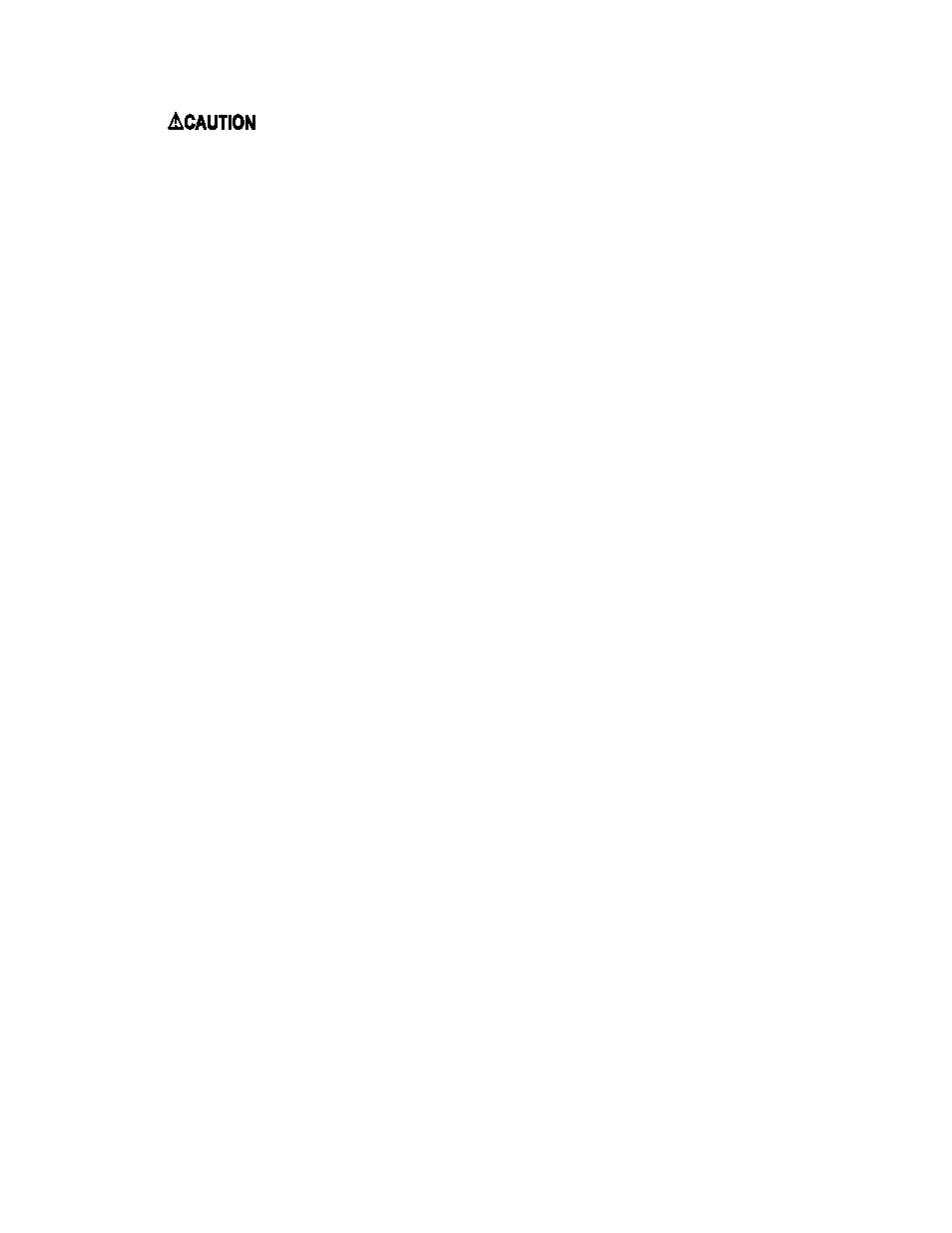Thermo Pride Gas/Propane Furnace Premiere Series 2-Stage CHX3 User Manual
Page 20

All installations and services must be performed by qualified service personnel.
14
: Bushes, shrubs, or any vegetation that may restrict the flow of flue products
must be kept away from vent and air intake terminations. Terminations must also be kept
clear of any leaves, weeds, combustible materials, snow, and ice build-up. Avoid locating
the vent terminal over areas where dripping of condensate, or small pools of acidic
condensate, could create a problem.
In addition to following any local code requirements, when possible, utilize the guidelines below in
locating the vent terminal to help insure trouble-free operation of a sidewall vented furnace:
• Avoid locating the vent terminal on a wall facing prevailing winds and wide-open areas. When
impractical, choose a location that protects the vent from strong winds, such as behind a
fence or hedge.
• In geographical areas with considerable snowfall, it is advisable to locate the vent terminal
much higher than the minimum 12-inches above ground to prevent blockage by snow
accumulation or drifting.
• The vent and combustion air terminations shall be checked periodically, at least at the start of
each heating season, for restriction or blockage from foreign material in the exhaust vent or in
the air intake piping. Clean the air intake and vent terminations when necessary.
E1. Single-Pipe (Sidewall) Venting Option
NOTICE: When possible, we recommend all model series CHX3 / CDX3 furnaces be installed
to utilize outside combustion air. The use of outside combustion air usually results in the most
energy efficient, nuisance free, and long-lived operation of the furnace.
NOTICE: Heat exchanger failure accelerated by contaminated combustion air will void the
furnace heat exchanger limited lifetime warranty.
This furnace may be horizontally, i.e. sidewall, vented using an exhaust vent pipe alone without
drawing in outside combustion air. When single-pipe, sidewall venting a furnace, combustion air is
drawn from the indoor space. This type of installation is not classified as a direct vent installation.
However, the same exhaust venting guidelines apply as for a direct vent installation, except the
exhaust termination will be similar to the air intake of the "two- pipe", direct vent installation. Refer to
depictions of proper intake terminal installations in Figures 2 and 3. Referring to the left-hand (LH)
sketch in Figure 2, vent termination will consist of one (1), 90
° elbow, opening downward.
When indoor air is used for combustion, measures should be taken to prevent drawing in corrosive
chemicals vapors or gases with the combustion air supply. Such chemicals include, but are not limited
to, chlorinated and/or fluorinated hydrocarbons such as found in refrigerants, aerosol propellants, dry
cleaning fluids, degreasers and removers. Other harmful compounds may come from bleaches, air
fresheners or mastics. Vapors from such products can form reactive acid producing chemical species
when burned in a gas flame. The life of the furnace could be reduced should acidic compounds form
within the furnace.
F. Installation Of Outside Exhaust / Intake Terminations
1. After determining appropriate installation locations (suitable locations must observe all clearances
specified in this manual), mark and cut two (2) holes in the outside wall of the following sizes for
the outdoor terminal(s),
a. 2-3/8 inch diameter, for furnace models CHX3 / CDX3-75, or
b. 3-1/2 inch diameter, for the furnace models CHX3 / CDX3-100 and CHX3 / CDX3-125.